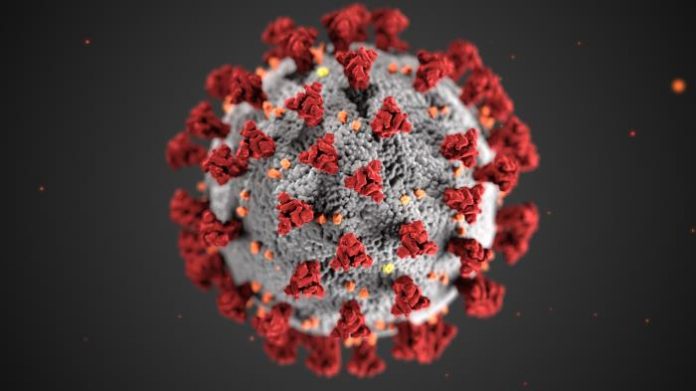Taskforce offers sweeping recommendations to protect Hoosiers hardest hit by COVID-19
By Erica IrishÂ
TheStatehouseFile.comÂ
INDIANAPOLIS — A new task force studying health disparities in Indiana recommended Monday state leaders take immediate action to improve contact tracing and lead mobile testing efforts in communities disproportionately affected by the COVID-19 pandemic.

Those recommendations are part of a new report published by the Indiana Health Disparities Task Force, a group that formed in April under the leadership of the Indiana Black Legislative Caucus to study and address why some communities are disproportionately affected by the pandemic. The task force has worked towards this goal for the last several months with help from the Indiana Minority Health Coalition, the Interagency State Council on Black and Minority Health and the Indiana State Department of Health’s Office of Minority Health.
The task force followed two goals in building the report. First, its members sought to provide an action plan to address any health disparities in Indiana’s COVID-19 response. The task force also recommended a plan that specifically addresses the needs of prison populations, jails and juvenile detention centers.
The report notes Black and Latinx communities have been some of the hardest hit in Indiana because members of these groups are more likely to have underlying health conditions that can lead to more severe COVID-19 cases. Additionally, individuals who are Black or Latinx tend to live and work in environments that can lead to more COVID-19 transmission and infection, including working in the service industry or living with multiple families.
To create policies that better protect vulnerable Hoosiers, the task force divided into eight groups to focus on specific areas, from communication and education to the incarcerated. For each of these areas, the groups identified several barriers to COVID-19 prevention and treatment. For example, the report highlights an increase in uninsured or underinsured people as they have lost jobs or been furloughed in the pandemic’s economic downturn.
In response to these barriers, the task force offered a sweeping list of recommendations. Among those increasing contact tracing and testing in vulnerable communities, including free and mobile testing services. The report also recommends workplaces expand insurance eligibility and coverage, that communities create more opportunities to educate the public about the pandemic, and that more funding be made available for essentials like food and personal protective equipment.
For prison populations, the report proposes that facilities conduct regular symptom screening, promote better physical distancing and provide needed testing for incarcerated people at no cost. The report also calls for the expansion of reentry services to combat prison overcrowding, which poses challenges to COVID-19 prevention.
IBLC Chair Rep. Robin Shackleford, D-Indianapolis, presented the findings in the report last week to a study committee on public health, behavioral health and human services. There, Shackleford underscored the need for action.
“It’s no secret Black Hoosiers are suffering at a higher rate during this pandemic and it is my sincere hope that my presentation leads to swift recommendations from the legislature,†Shackleford said in a statement Monday. “The longer we wait, the more people we will lose.â€
Erica Irish is the 2020 Russell Pulliam student editor for TheStatehouseFile.com, a news website powered by Franklin College journalism students.Â







